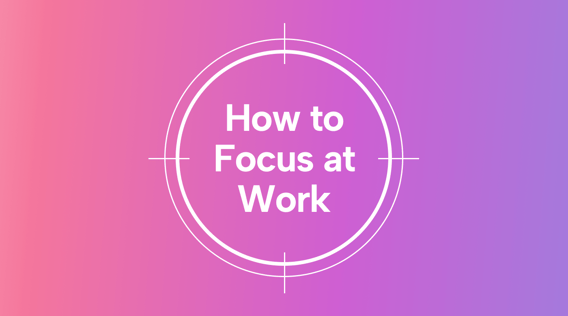Are you struggling to focus at work? If so, don’t feel bad. It’s not just you.
A recent study found that college students can focus for only 65 seconds at a time. Office workers aren’t much better, averaging three minutes.
Staying focused can help you get more done in less time.
Interested? Good. Now that you’re focused on this article, let’s look at how to translate this concentration to the workplace.
What is focus?
When you focus, you pay singular concentration to an item, person, or activity. You give that entity your undivided attention without distraction or interruption.
With sustained attention or focus for an extended period, the brain automatically keeps the necessary information and filters out the little distractions, such as the ping of a phone or the realization that you didn’t plan dinner.
Staying focused at work improves your efficiency, productivity, and self-confidence.
So, why is it so hard sometimes?
Why do I struggle to focus at work?
Several factors affect our ability to focus on work.
Distractions are often the top culprit. In fact, about 79% of employees report distraction as being a regular occurrence during their average workday.
Workplace distractions can range from noises in the environment, such as a clunky air conditioner, to a group of coworkers talking near your desk.
Email is another distraction — especially if you have visible or audible alerts. Cell phones provide an easy distraction, especially with the availability of social media and news apps to scroll.
Meetings also impact our focus. If meetings are too long, frequent, or unplanned, it’s hard to find concentrated work times.
Working without a schedule or list of priorities can also impact your focus, as you don’t know where to put your attention. With multi-tasking, too, you are constantly directing your focus in multiple ways. This constant shifting can lead to mental fatigue, decreasing your overall performance.
The impact of our emotional, mental, and physical state on our focus also can’t be overstated. It’s hard to direct your attention if you’re exhausted, anxious, or physically sore.
What are the benefits of staying focused?
Increased productivity, lower stress, and more confidence can arise from the ability to focus.
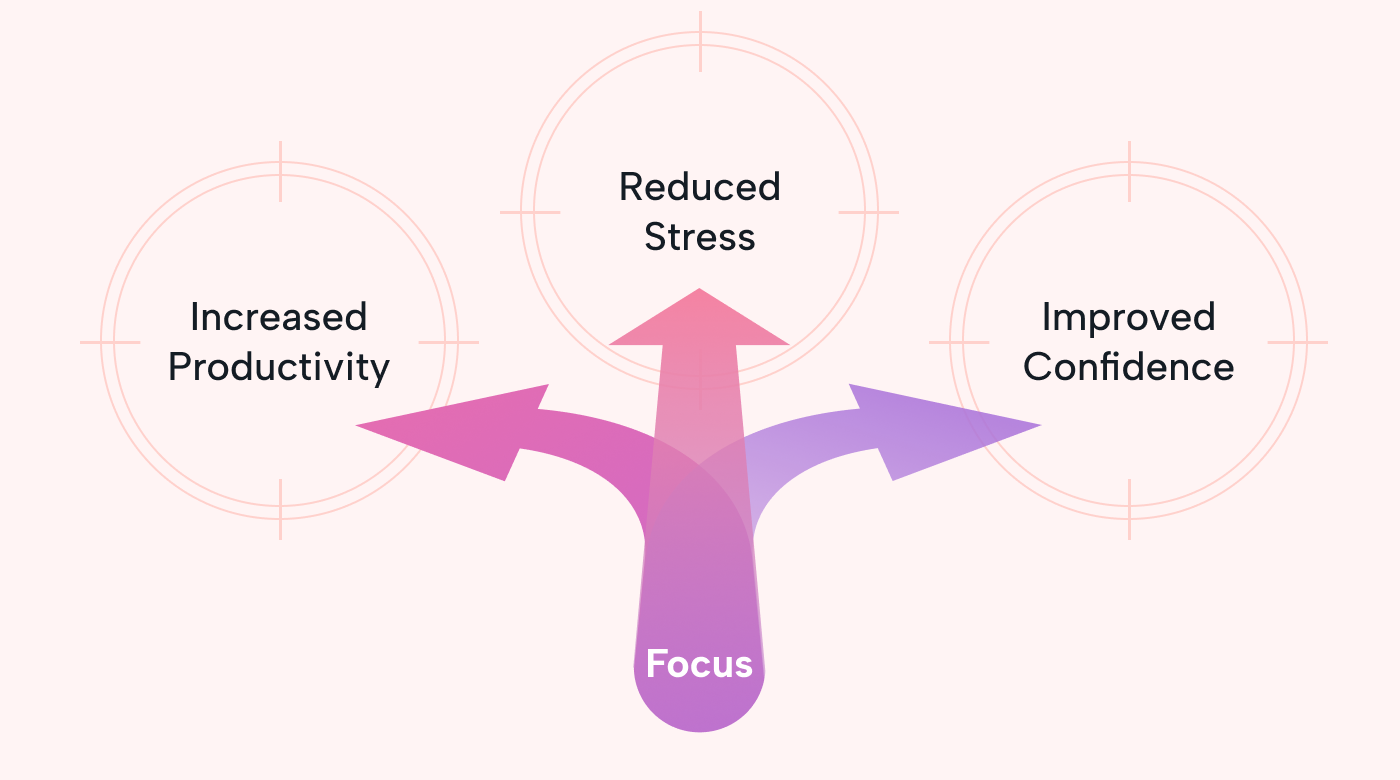 |
- Improving your focus leads to increased productivity. When you focus on a task, you’ll complete it more quickly.
The ability to stay focused affects your business, too. Nationwide, companies lose over $600 billion a year due to distractions in the workplace.
- Staying focused also reduces stress levels. Eighty percent of employees cite workload as one of the major threats to their stress levels and well-being. Staying focused and completing your tasks is one way to manage your workload more successfully.
- Focus leads to improved confidence and satisfaction. As a result, it produces a higher-quality product or service.
Only 51% of employees feel extremely or very satisfied with their jobs. Being able to focus on work — and do it well — may have something to do with it.
With these benefits in mind, how exactly can you improve?
How to stay focused and productive at work
You can sharpen your focus by using strategies both in and out of the office.
In-office strategies
Here are five strategies to improve your focus in the office:
1. Optimize the workspace
Start by looking at where you work.
Organize the area so the essentials are at hand. Use folders or filing systems to keep paperwork in its place.
Ensure your chair is comfortable and supportive. Look into an adjustable desk to alternate between standing and sitting.
If space allows it, add a plant or two. Biophilic design or incorporating natural elements into our everyday areas offers long-term mental health benefits.
2. Reduce distractions
While eliminating all distractions is impossible, you can minimize them.
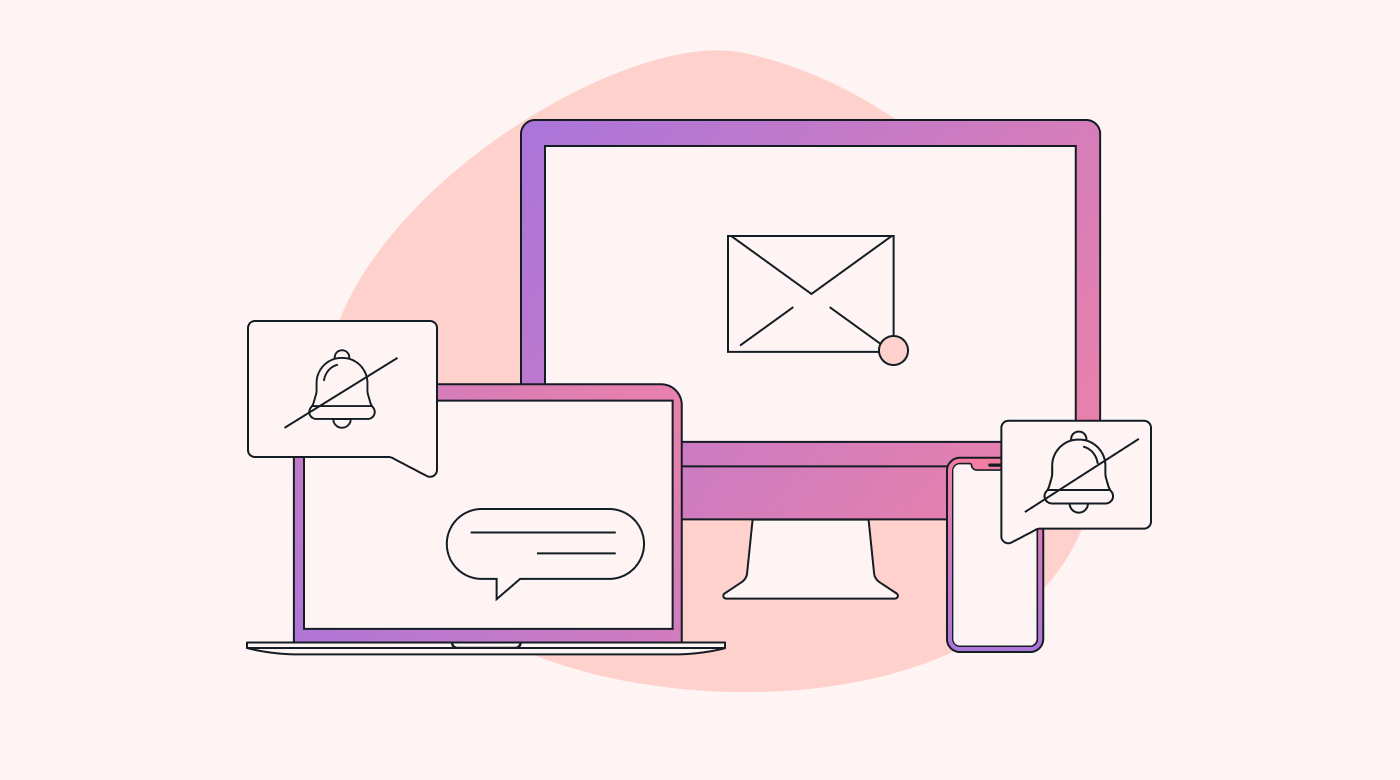 |
Start with your cell phone and laptop. Turn off notifications, as these can pull you out of what you’re doing. Program your technology for focus times so that it automatically eliminates distractions.
Put your phone in a drawer or your purse or backpack. You’ll be less likely to pick it up if you can’t see it.
Invest in noise-canceling headphones if you work in an open office or deal with background noise. If your office has a door, use it. Put up a “do not disturb” sign, and tell your coworkers when you’ll be available again.
3. Manage your time
Time management is critical to maintaining focus in the workplace.
A daily planner app is an effective means of managing each day. With the Motion Task Manager, you can add task items, create deadlines, and set priorities. Motion will remind you if you’re veering off track or nearing a deadline, allowing you to shift your focus accordingly and avoid losing track of time.
Time blocking is another effective organizational method. You allot certain work activities for predetermined times during the day. This level of structure works well when you need to sustain focus for intensive work.
Regardless of your chosen method, take time to prioritize. Create a to-do list of high-, medium-, and low-priority tasks, and slot them into your schedule accordingly.
Above all, avoid multi-tasking. Your brain — and work — will thank you.
4. Clarify your boundaries
The boundaries in the workplace can become blurred if you face constant interruptions or distractions from well-meaning colleagues or employees.
Establish solid boundaries and let others know when you can chat, check in with them, or join a meeting.
Motion’s Meeting Assistant feature makes this easy.
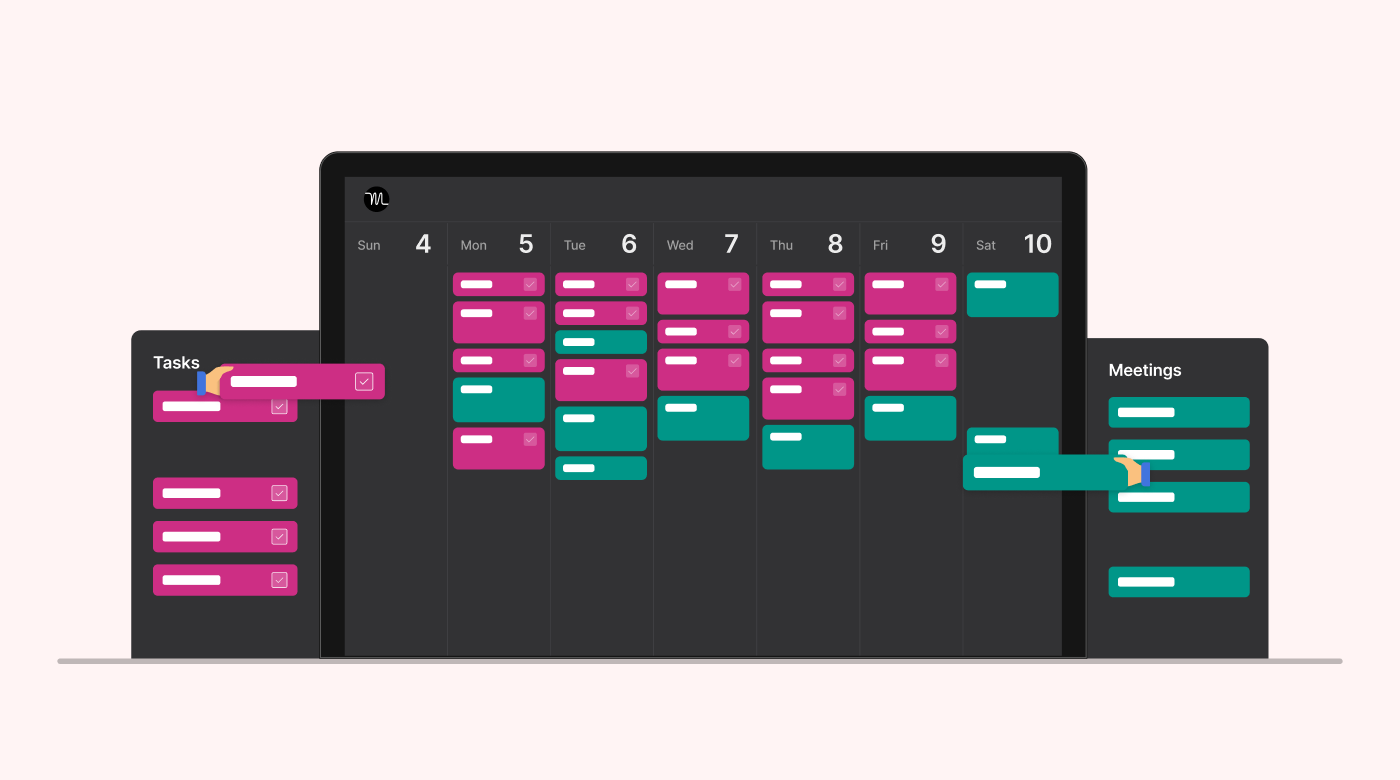 |
With Motion, you can set “no meeting times” on your calendar to prevent disruptions. Your colleagues can instantly see when you’re open for a meeting before sending the invite.
You also need to set boundaries around your work time. Ensure that you start and end on time.
Insert breaks between focus blocks. Leave your desk to refill your coffee or step outside for some fresh air. Taking a moment to clear your mind allows you to return to your task with renewed energy and efficiency.
This goes for lunch breaks, too. Leave your workspace and have lunch somewhere else, away from your tasks. Give yourself time to recharge before returning to your tasks.
5. Play to your strengths
Now, it’s time to use your strengths to your advantage.
Take stock of when you’re most productive, and plan accordingly. For example, if you know you work better in the morning, use time blocking. Schedule your more intensive work earlier, and stick to it.
Decide if your focus is better in short bursts or over extended time frames. Adjust as needed, and watch your productivity and efficiency soar.
Out-of-office strategies
Address your focus with the following five strategies when you’re away from your desk:
1. Implement mindfulness and meditation
You’ve likely heard of mindfulness and meditation. But what do they mean?
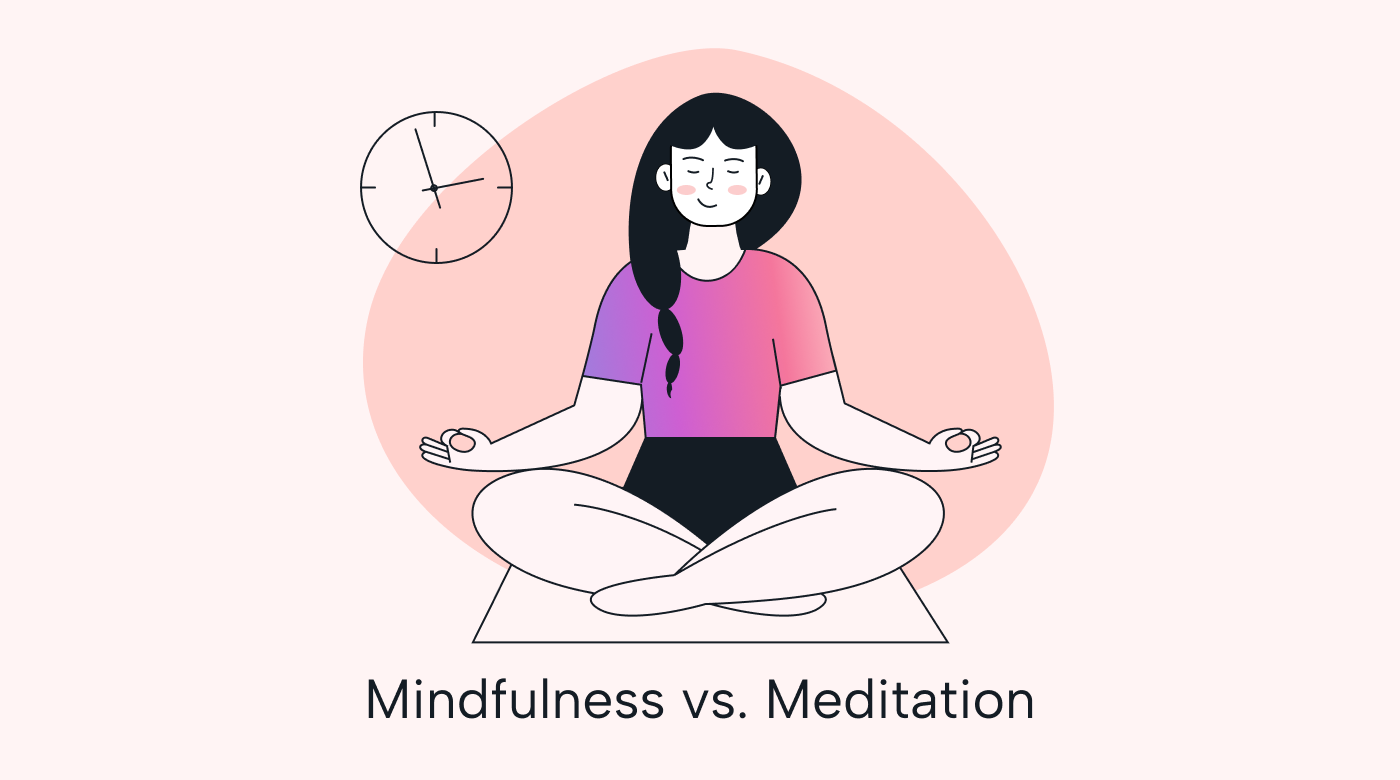 |
Mindfulness occurs when you focus entirely on the present moment. You connect to what is around you and how you react to it emotionally, mentally, and physically. Mindfulness can be implemented anytime and anywhere.
Meditation is the practice of clearing your mind of distractions. When you’re meditating, you are typically alone in a quiet space for a set period.
Both strategies improve attention and focus. Mindfulness improves cognitive function by strengthening the brain’s ability to sustain attention. Research has shown that focused meditation restructures the brain through relaxation, improving concentration.
Start a meditation or mindfulness practice at home. Over time, you may be ready to implement strategies to improve your mindfulness at work.
2. Eat healthier
You already know a healthy diet and sufficient hydration are good for your physical well-being. But did you know that foods rich in antioxidants, healthy fats, and other nutrients can boost your focus and memory?
Stock your kitchen with antioxidant-rich berries, spinach, and dark chocolate. Find healthy fats in vegetable oils, seafood, and avocados.
Also, invest in a good water bottle and keep it filled.
3. Exercise regularly
Work and home-life demands often make exercising difficult. If this is the case for you, add movement to your schedule so you stay active. Find workouts you enjoy or an exercise partner to hold you accountable.
Exercise doesn’t just pay off physically. It also offers mental and cognitive benefits.
 |
Exercise generates mood-boosting endorphins, which are proven to lower stress and anxiety and improve concentration.
4. Get help when needed
Difficulty focusing can result from specific emotional, mental, or physical states. If you’re feeling run down or anxious, your brain is inclined to focus elsewhere. So, get the support you need to improve your mental or physical health.
Don’t neglect the importance of sleep, either. Chronic lack of sleep impacts your attention, concentration, and energy. It has also been proven to affect the brain’s ability to learn.
If you aren’t getting enough sleep, determine the reason why so you can figure out how to resolve the issue.
5. Make time for what’s important
Improving your home life can lead to improvements in your work life. Spend quality time with family and friends. Don’t neglect your social connections.
Devote some time to your hobbies and interests, and use your vacation days to recharge.
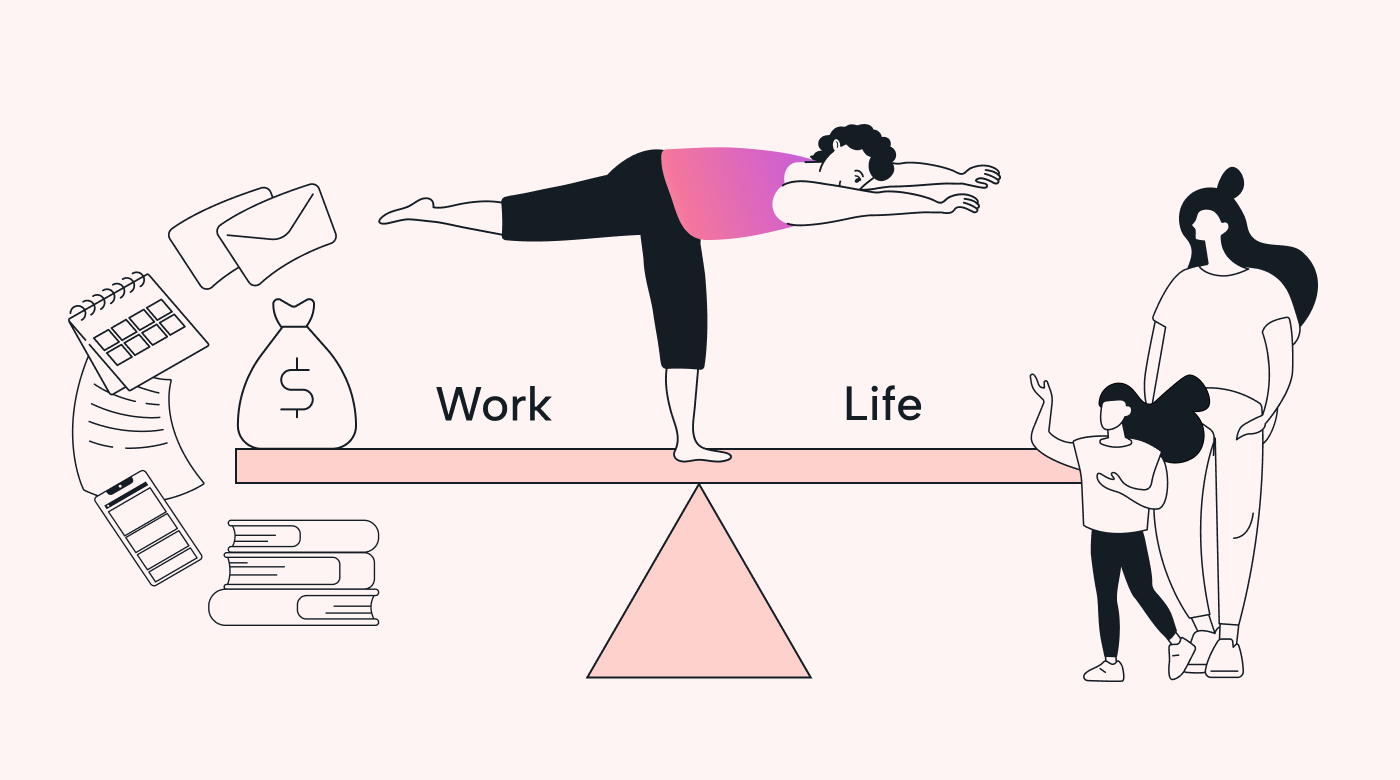 |
Another good tactic is to improve your work-life balance, as this can strengthen your ability to focus. If you do this, you’ll have the energy to focus at work. And when you’re home, you can devote your attention to what matters most to you.
Let Motion pave the way to better focus at work
Improving your focus at work takes time and effort. The key is to pinpoint which areas need improvement so you can target them directly.
If you’re ready to make your work life easier, turn to Motion.
Motion’s Intelligent Calendar allows you to keep your entire list of meetings, action items, and to-dos in one place. Then, it provides you with a schedule tailored to your needs. You can even add personal lists.
Don’t wait to improve your focus. Reach out to Motion to start your free trial today.

